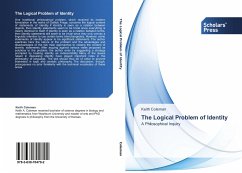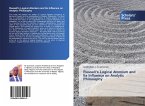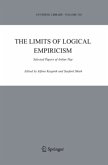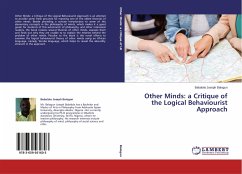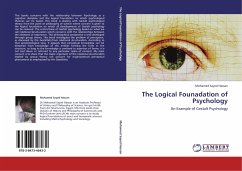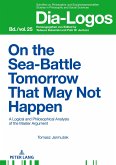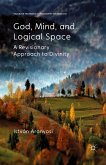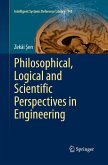One traditional philosophical problem, which received its modern formulation in the works of Gottlob Frege, concerns the logical content of statements of identity. If identity is seen as a relation between objects, then identity statements seem to be trivial since everything is clearly identical to itself. If identity is seen as a relation between terms, then identity statements still seem to be trivial since they only convey a linguistic intention to use certain terms interchangeably. However, some statements of identity appear to be significant statements. The author examines here the nature of the problem and the advantages and disadvantages of the two main approaches to viewing the content of identity statements. After arguing against various views proposed as solutions to the problem, the author ends by suggesting a strategy prompted by treating identity as indiscernibility. Many of the issues raised in discussing identity have played important roles in the philosophy of language. The text should thus be of value to anyone interested in logic and analytic philosophy. The discussion, though, presupposes no prior familiarity with the technical vocabulary of these areas.

